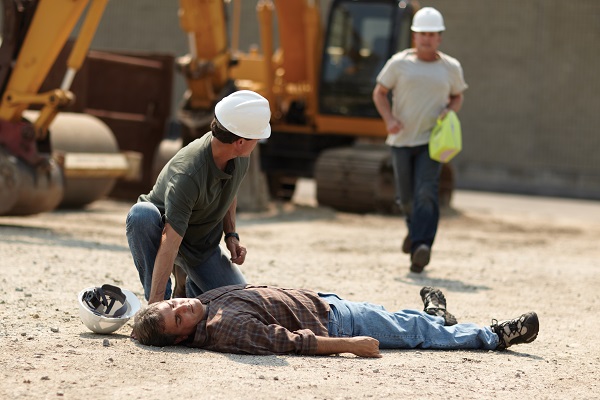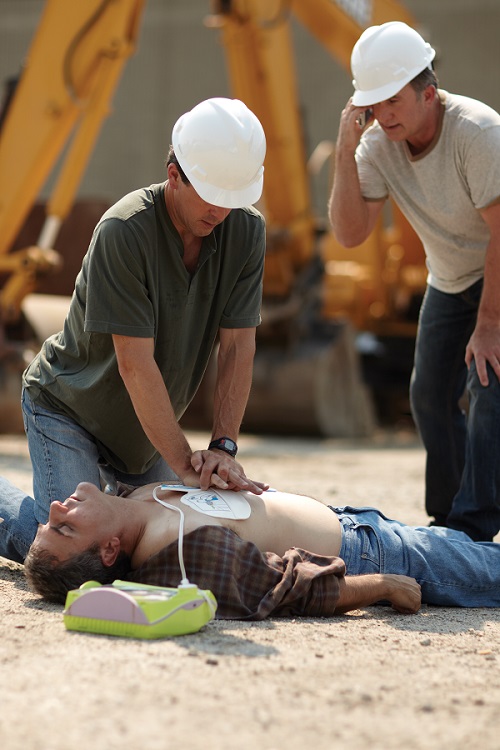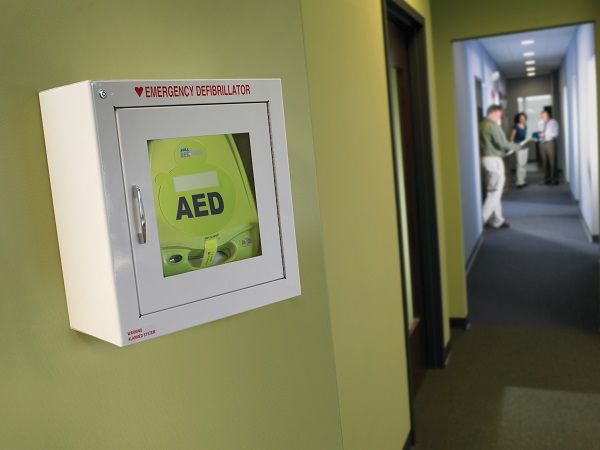What is SCA?
Sudden cardiac arrest (SCA) occurs when an electrical malfunction of the heart causes it to suddenly stop beating. There are no warning signs, and it can happen to anyone, anywhere. A victim’s best chance of survival is immediate treatment with cardiopulmonary resuscitation (CPR) and an automated external defibrillator (AED). SCA can happen to anyone at any time. SCA doesn’t discriminate! It can affect children and adults of all ages and isn’t exclusive to those with a history of heart problems.

How to recognise SCA?
Symptoms of a SCA come on very suddenly. Victims collapse and lose consciousness, and without treatment, death can occur within minutes. In Europe, more than 350,000 patients are affected by SCA every year. Improved lay resuscitation — providing chest compressions immediately and prior to the arrival of emergency medical services (EMS) — could save 100,000 lives. When SCA strikes, time is of the essence. Waiting for emergency services to arrive gives cardiac arrest victims just a 5% chance of surviving. But if bystanders intervene and maintain CPR and AED use, those chances jump to 60%. ZOLL® AEDs feature user friendly, real-time audio and visual prompts to guide rescuers through AED use and proper, high-quality CPR. This allows rescuers to act quickly and confidently and even help save someone’s life. High-quality CPR is critical. To see a video demonstration click here

Latest Guidelines
The latest guidelines from resuscitation councils worldwide are clear: Successful defibrillation must be supported with high-quality CPR. The AED’s first heart analysis is crucial. If it calls for no shock, only high-quality CPR can lead to a shockable rhythm on the next heart analysis. High-quality CPR provides a struggling heart with the oxygenated blood needed to help restore a normal rhythm. SCA is unexpected and frightening, but it can be treated. Do your part to prepare your colleagues by offering CPR training and ZOLL AEDs in the workplace. ZOLL AEDs with Real CPR Help® technology provide rescuers with real-time feedback to ensure the best possible CPR and will deliver a shock if necessary. In matters of life and death.

Be prepared to help save a life!


